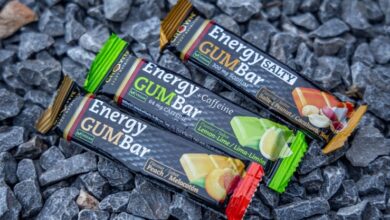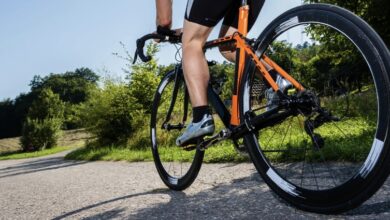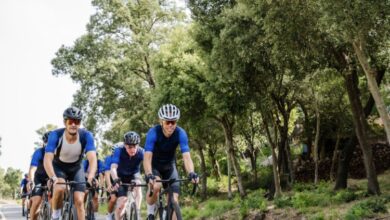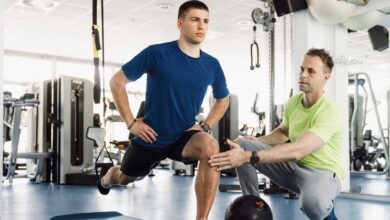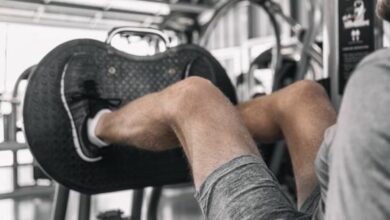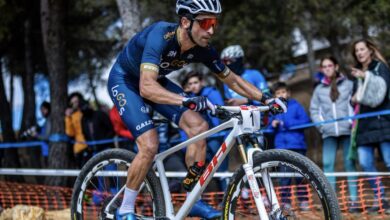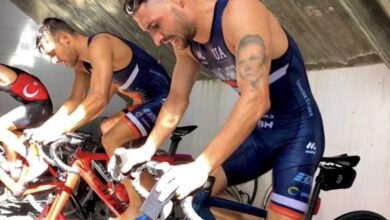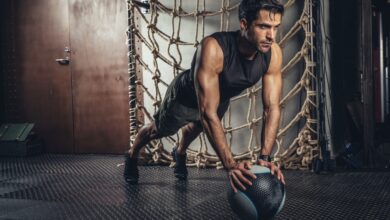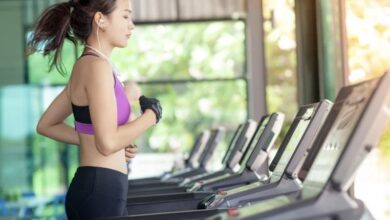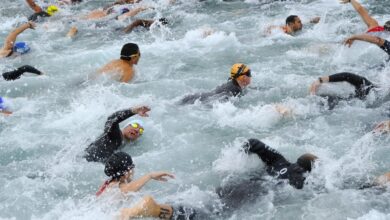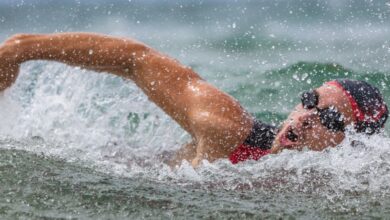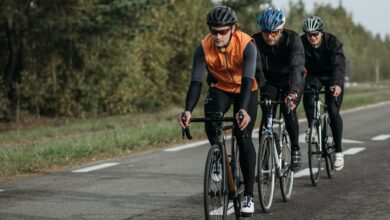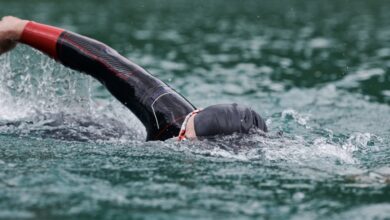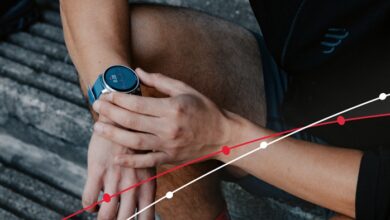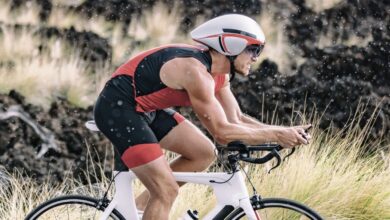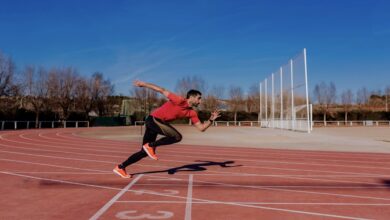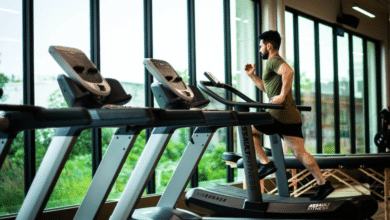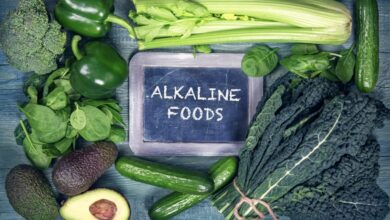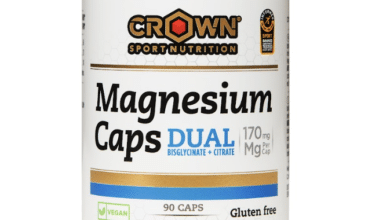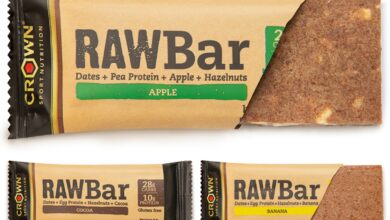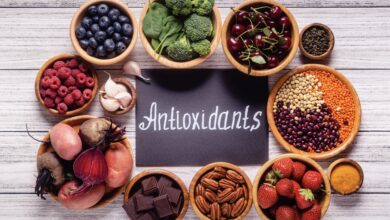3 keys to avoid digestive discomfort in triathletes during physical activity
There are different reasons that give rise to these annoyances.
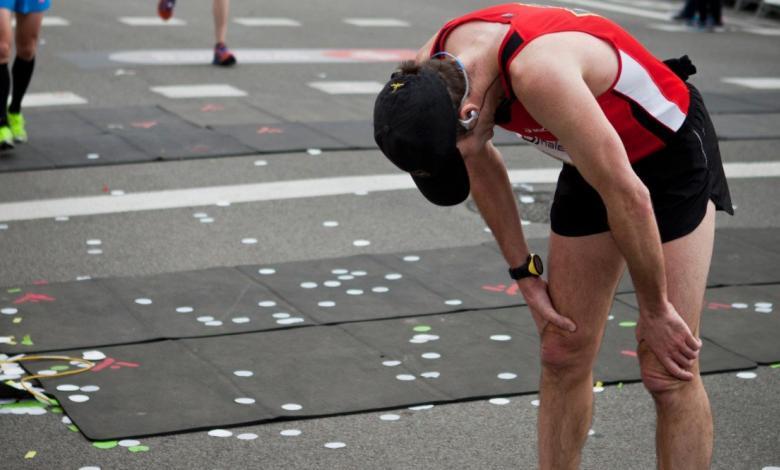
Sometimes, some athletes, especially those focused on endurance sports, may present a series of digestive discomfort during long-term physical activity.
There are different reasons that give rise to these annoyances. Next, we will explain some aspects to take them into account.
Why do digestive discomforts happen during physical activity?
Some of the main reasons are:
- Intake of foods that generate stomach heaviness
- Toma of gels without sufficient water intake which makes them present a greater concentration.
- Dehydration
- Increased blood supply to the legs and extremities, aspect that reduces stomach and intestinal blood flow and slows down digestion processes.
- Realization of certain movements that facilitate digestive movements (impact)
You also have to take into account other possible aspects on a personal level.
-
Type of diet to reduce indigestion
There are different types of strategies to use in the days before the competition, among them we highlight one diet with lower fiber and fat content to promote lighter digestions.
In some cases when we talk about professional athletes, we can even propose a pattern known as FODMAP, or low in fermentable fibers, which is a style of eating used in people with intestinal health problems such as Crohn's or ulcerative colitis .
-
Ideal diet before / during physical activity
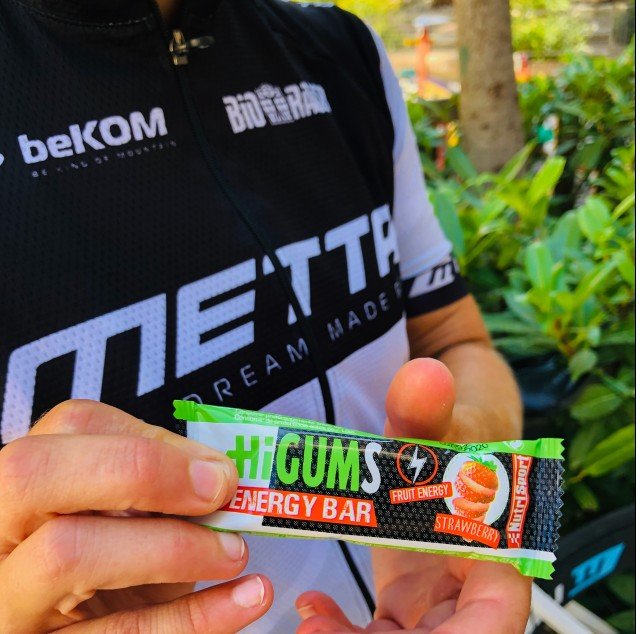
We recommend that the intake prior to physical activity is lighter and lower in fiber.
In some cases, it is also advisable to eliminate lactose and gluten, especially in competitions and in people with basic intestinal problems.
Likewise, carrying out a carbohydrate load with more digestible sources such as corn or rice can be interesting as they are gluten-free.
You can also include some juice, it is important to strain it and drink only the juice to reduce fiber intake, and / or some fruits such as banana, since it is an easily digestible fruit.
An example of a previous intake would be:
- 3 hours before competing: Have a lactose-free coffee with milk or strained juice + corn or rice cereals.
- 2 hours before: Eat a banana and drink water / or isotonic drink.
- 1 hour before: Eat a HIGUMS bar + drink water.
-
Ideal supplementation during physical activity
If we do not want to be surprised and find digestive discomfort during the day of the competition, we recommend trying all the supplementation before using it that day.
If you also have some intestinal and / or stomach sensitivity, it is important that you pay more attention to it.
Bars and gels
We recommend opting for products that offer easy-to-digest formats such as HGEL gel, or HiGUMS BAR from NutriSport.
One of the advantages of gel hgel It is its high water content, this makes it a more digestible gel and, therefore, we can tolerate it better than other gels. In addition, its more liquid texture makes it more pleasant.
Moreover, the bar HIGUMS BARIt is a bar without chocolate coverage, and with a gummy texture, ideal to take in endurance sports, as it is also a great ally of easy digestion.
The general recommendation during the activity would be a gel or bar every 40-45 minutes accompanied by water and / or an isotonic drink.
L-Glutamine or Aminorecovery ideal for taking care of the intestine and muscles
On the other hand, it is also important to promote the maintenance of muscle mass and the care of the intestine, in this case we would recommend products such as L-Glutamine or Aminorecovery.
La L-Glutamine It is an amino acid that intervenes in the immune system and in muscle maintenance. It is an ingredient that is used regularly in people with intestinal health problems.
Finally, the AminoRecovery It is a combination of BCAAs, together with L-Glutamine, HMB and vitamin B6, to address intestinal care, and also provide the most abundant amino acids in muscle tissues.
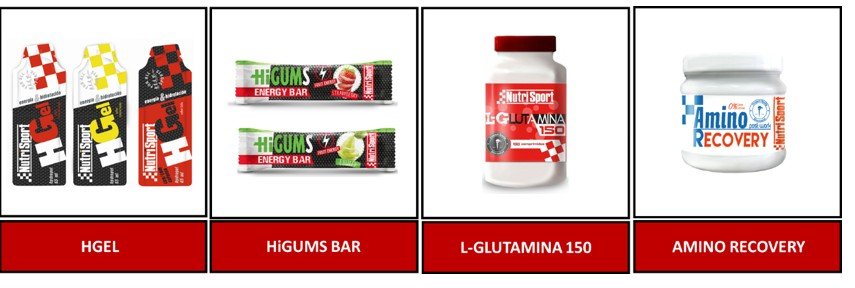
There are no previous results.







